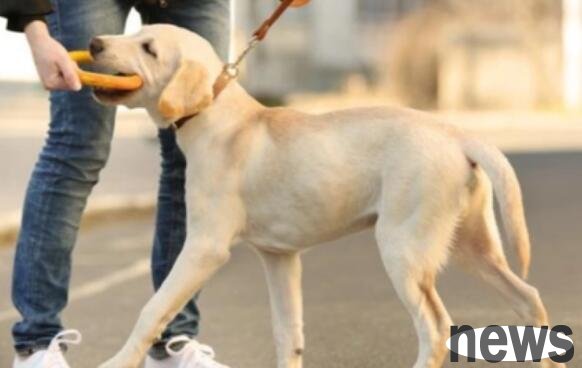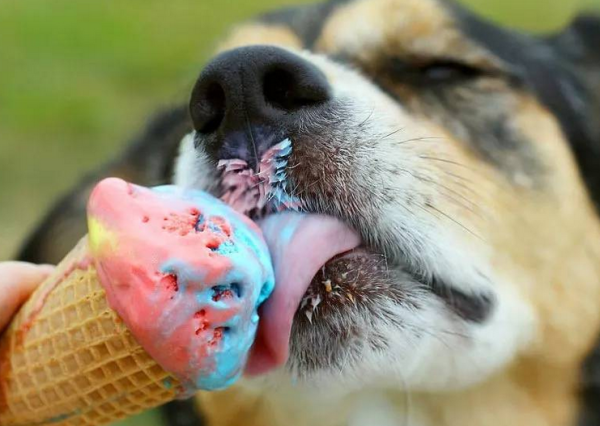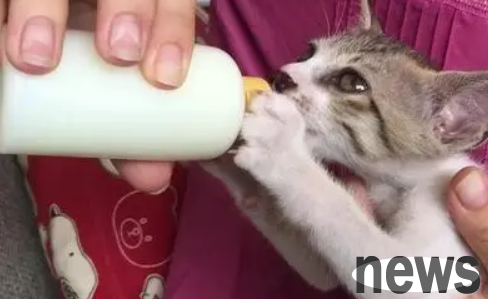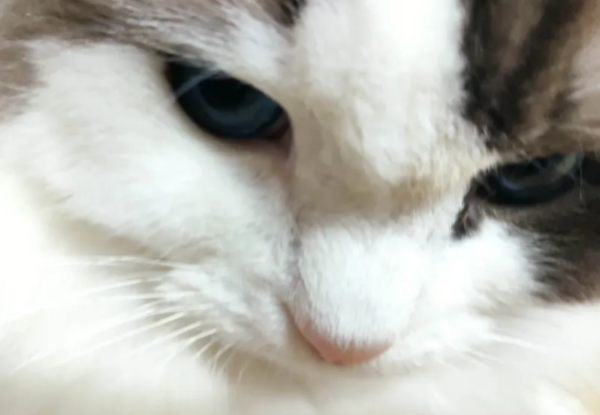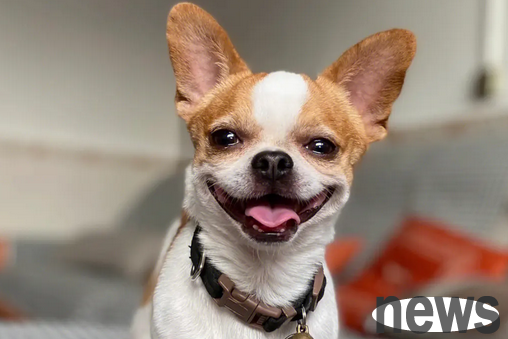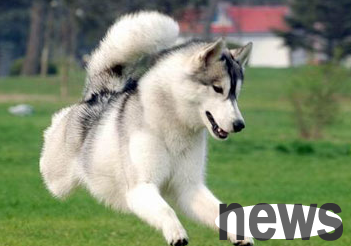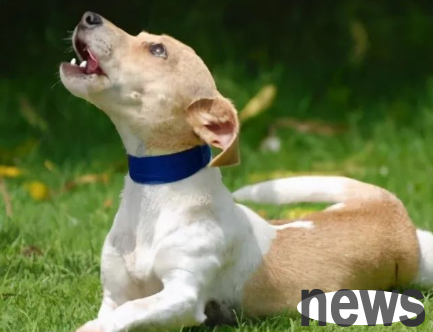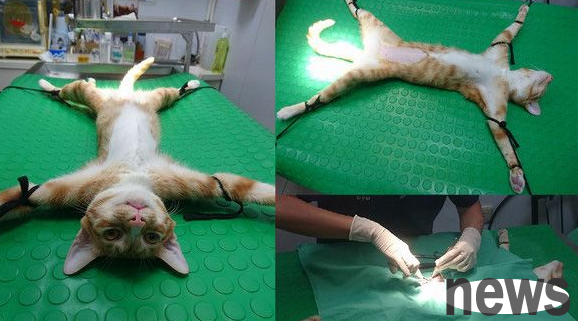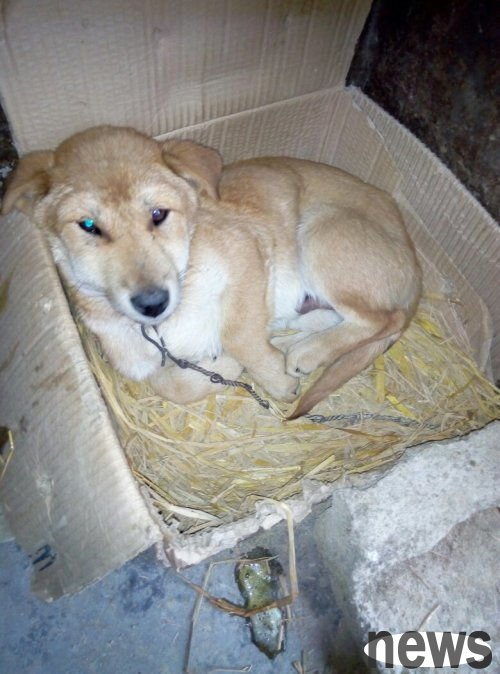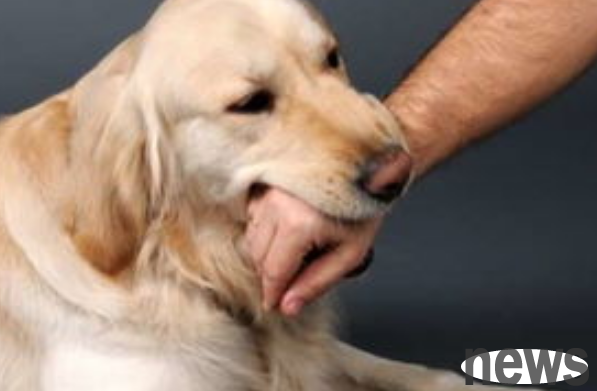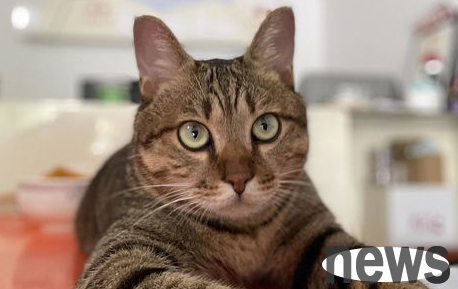Causes and treatments of emphysema in dogs
The volume expansion of dog's lungs due to excessive air content is called emphysema.

1. Causes of emphysema in dogs:
1. Primary emphysema is caused by strong breathing during the dog's vigorous movement, rapid Mercedes-Benz, and long-term struggle. Especially in elderly dogs, the elasticity of the alveolar wall is reduced and emphysema is prone to occur.
2. Secondary emphysema often occurs due to persistent coughing during chronic bronchitis, diffuse bronchitis, or when bronchial stenosis and obstruction, due to the passage of bronchial gas.
3. Interstitial emphysema is caused by severe coughing or foreign body waterfall entering the lungs, and the air pressure in the alveoli increases sharply, causing the alveolar wall to rupture.
2. Key points for diagnosis of emphysema in dogs:
Emphysema can be confirmed based on medical history data, asthma, lung sensation and X-ray results.
Main manifestations: dogs have difficulty breathing, have severe asthma, sometimes open their mouths to breathe; are prone to fatigue; their pulse increases rapidly, and their body temperature is generally normal.
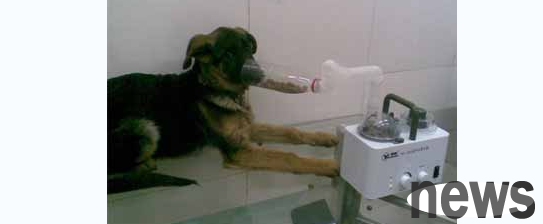
3. Prevention and treatment measures for emphysema in dogs:
The treatment principle is: strengthen dog care, prevent and treat primary diseases, and improve ventilation and ventilation functions. Inhibit heart failure.
1. Strengthen care: First, let the sick dog rest absolutely, place it in a clean, gray-free, well-ventilated house, and provide nutritious food.
2. Improve ventilation and ventilation functions: You can take oral or atomize inhalation bronchodilators, such as theophylline and epinephromol. Adrenal corticosteroids should be used with caution. Respiratory enhancement drug FOMINObenzene hydrochloride 50-80 mg, taken orally, 3 times a day. It can increase the blood oxygen partial pressure of sick dogs and reduce the carbon dioxide partial pressure. Avoid sleeping pills, calming pills, etc.
3. Control heart failure: When edema occurs, you can use diuretics, such as dihydroclamella 10-20 mg, oral, twice a day, or fuse 10 mg twice a day. When taking the medicine, you need to supplement potassium O.1~1 grams every day, take it orally, 4 times a day. If diuretics such as Jiaotistuton and ammonia phenylade are used, you do not need to supplement potassium.
4. Oxygen therapy: low concentration of oxygen intake multiple times a day. It can relieve dyspnea in dogs and control heart failure.
5. Surgical therapy: Removal of larger localized emphysema vesicles can inflate the squeezed normal lung tissue and enhance the elastic return of the lungs.



